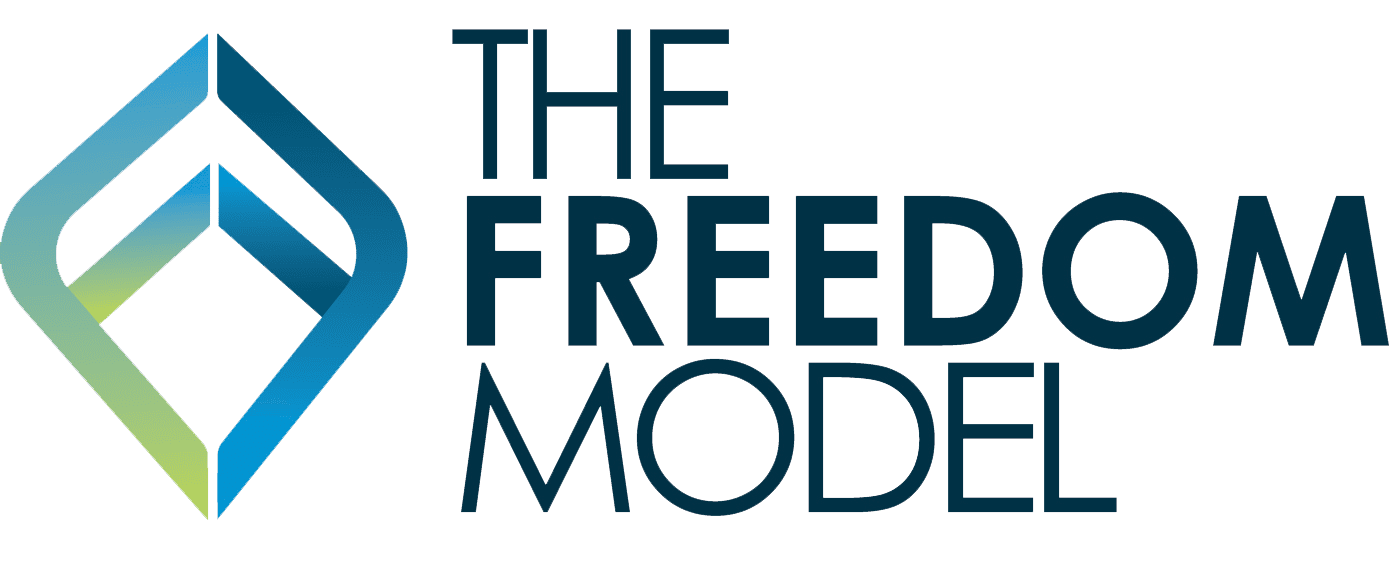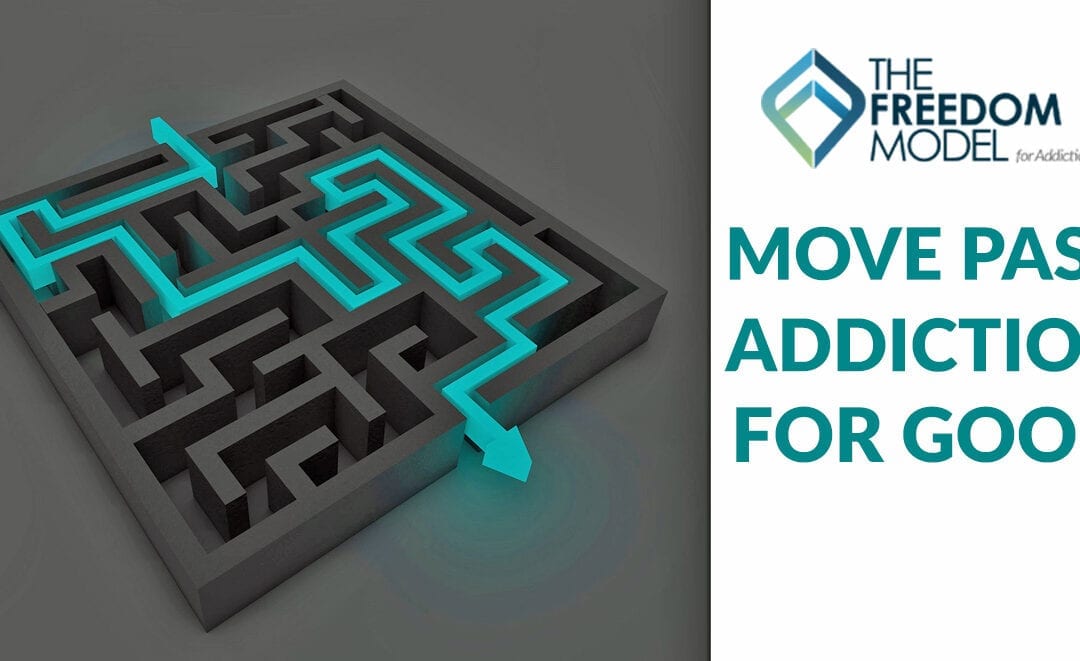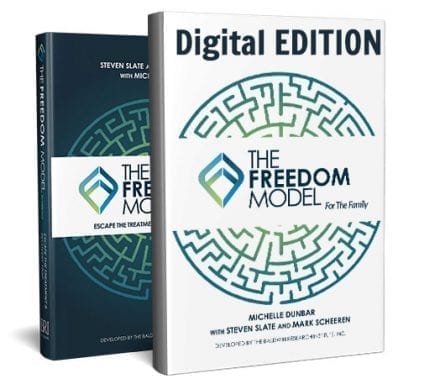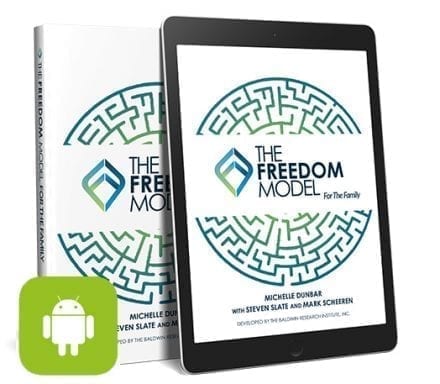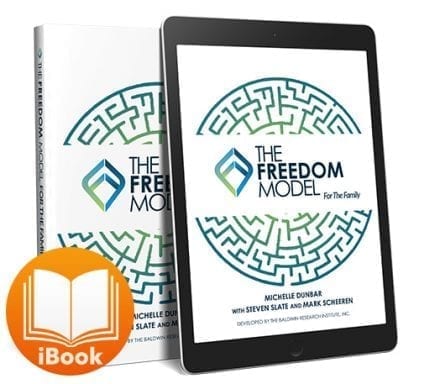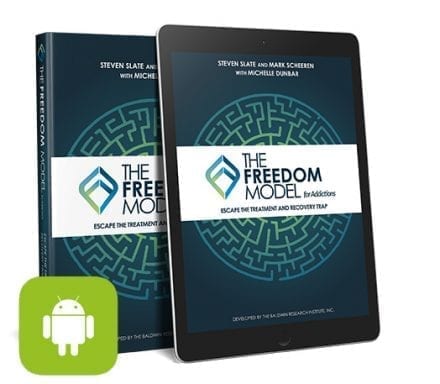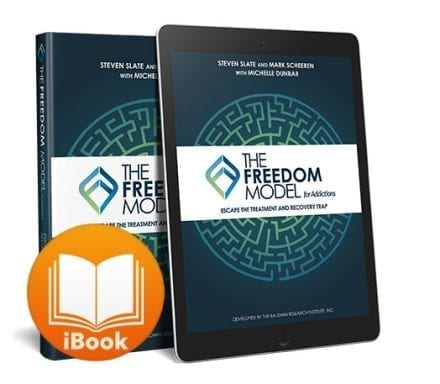I just talked with a woman on the phone whose son has been in and out of jail for drug related charges for the last 16 years. He is 31 years old, and as she put it, “No matter how many rehabs we’ve sent him to, he only seems to be getting worse. The last rehab he went to was a 2-year therapeutic community, and he was kicked out one week from graduating for getting high in the place. I just don’t know what to do anymore.”
I hear stories like this every day. I’ve been helping people with substance use issues for more than 31 years, so nothing shocks me anymore. Unfortunately, stories like this are commonplace. There is a simple reason for correspondence like this – treatment is a dismal failure that is primarily based on myths that distract people from making a direct choice on whether they want to continue their preference for substance use or not. I realize that sounds dismissive, and that I’m oversimplifying the issue. Make no mistake, I’m not. But unfortunately if that was your reaction, you too have lost sight of the truth and have succumbed to the misinformation that blocks you from understanding how people move past this problem for good.
People DO Move Past Addiction for Good
People do move past addiction, and most do this without being stuck in recovery or labeling themselves as “a person in recovery.” I realize this might surprise you because the narrative is that there is a select group of people we call “addicts” and “alcoholics” that are diseased and compelled to use substances abusively. Here’s the issue; there are people who believe they are in this class because they’ve been taught to think this way and to label their choices in this powerlessness narrative. But that doesn’t make it objectively true. In our book, The Freedom Model for Addictions, Escape the Treatment and Recovery Trap, we cover this issue in detail. In Chapter 3, The Quick Answers, we discuss this:
“As we said in the introduction, the essential component of any definition or explanation of addiction is the assertion that people’s substance use becomes an involuntary behavior. This notion that it is involuntary has been explained by the recovery society and its proponents in many ways, and yet each of these explanations has never been proven. In fact the research always indicates that elements of choice are involved in all substance use, and that it is a voluntary, freely chosen behavior.
So yes, we are denying the general idea of addiction; that it is involuntary behavior. However, we are not denying that people use substances in troubling and costly ways; nor are we denying that some substance users feel as if they are compelled to use substances and can’t stop. The idea that substance use becomes involuntary is at the root of what makes people feel as if they can’t stop. Here we’re going to quickly refute the three most popular explanations that have been used to convince people they are “addicted” now. These 3 points have full chapters in Section 2 if you need or would like to study them in greater depth.
1) First, it’s said that addiction includes a “loss of control” whereby an addict will not be able to stop drinking or drugging once they start. Several laboratory experiments over the past 50 years have shown this to be false. None have confirmed the existence of such a weakness in people labeled as addicts or alcoholics. What they’ve shown is that when those diagnosed to be “addicted” are given a substance without their knowledge they don’t proceed to seek out and keep taking more of it. These studies have also shown that self-described addicts will moderate and save up several doses for a binge when the supply of a substance is tightly controlled; and that when faced with offers of money or more substance, most “addicts” have their price, and will turn down the next dose they’re offered in favor of the other reward. What’s more, data shows that most former “alcoholics” become moderate drinkers. These facts all demonstrate that cognition and choice are the factors ruling addicts’ behavior, rather than a mysterious “loss of control,” “phenomenon of craving,” or weakness of some kind. (See Appendix A)
2) Next, it’s said that repeated usage of substances causes neural changes that force addicts to crave and use substances perpetually; that their brains are hijacked by substances (as the popular saying goes). Again, extensive research disproves this claim. The vast majority of addicts quits or reduces their substance use despite such neural adaptation (commonly called “brain changes”). Moreover, the probability of addicts quitting or reducing their usage remains constant, whether they have been “dependent” on substances for less than 1 year or more than 40 years. This fact that flies in the face of the theory that more exposure to substances leads to more brain hijacking, which leads to more involuntary craving and substance use. Brain changes be damned, people still quit and moderate despite this physical state. As one esteemed researcher put it after reviewing this line of research:
There are no published studies that establish a causal link between drug-induced neural adaptations and compulsive drug use or even a correlation between drug-induced neural changes and an increase in preference for an addictive drug.” (Heyman, 2013)
The available evidence completely refutes the brain disease model of addiction. (See Appendix B)
The brain changes that are said to cause addiction are a completely normal phenomenon. They occur with the learning of any highly practiced skill or habit, yet they don’t compel anyone to use their skill or continue their habit. Do you think that piano players, taxi drivers, or jugglers are compelled to carry out these activities once they become skilled at them? Of course they don’t, yet all of these activities lead to significant brain changes, just like repetitious substance use does. Such brain changes are the result of habit, not the cause of habit. They only serve to facilitate efficient continuation of the habit, but they do not rob the individual of free will. You might think of this in the same way that lifting weights alters your muscle tissue, yet this physical change doesn’t cause you to punch people.
3) Finally, much is made of the role of physical dependency and withdrawal syndrome that occurs when people stop using some drugs such as opiates, benzodiazepines, and alcohol. Surely, people who suffer from this must be true addicts enslaved to their drug of choice? Once again this is not the case. Throughout history the vast majority of people who have had withdrawal syndrome simply experienced this as a sickness rather than as a compulsion to seek and use more drugs. It’s true that some do require medical help to safely weather this condition, but it is not true that withdrawal compels people to use substances. (See Appendix D) Furthermore, withdrawal symptoms don’t need to be present for people to feel addicted. This can be seen in users of drugs that cause little or no withdrawal such as marijuana and cocaine, and all of the non-drug activities people feel addicted to such as gambling, shopping, or watching pornography.”
So while the narrative keeps getting repeated over and over that addiction is an involuntary compelled habit, in reality the research demonstrates that it isn’t. We choose our habits, and we develop them as a function of trying to find some happiness and peace in our lives through the use of substances. The costs and consequences of this endeavor might be radically bad, and this fact confuses the issue somewhat, making the user wonder if it’s all worth it. But make no mistake, on the front end of a drinking binge or a drug binge, the user is seeking a preferred altered state, and how that ends is temporarily ignored or weighed out as worth it. The good news is that once the user recognizes this fact, they can then analyze the benefits of their use, and compare it to the benefits of abstinence or moderate use and make a change that makes sense to them. And letting go of the labels of addict and alcoholic are the first step in making this change.
Mark Scheeren is the co-author of The Freedom Model for Addictions, Escape the Treatment and Recovery Trap, and is the co-founder and Chairman of the St. Jude Retreat, the only residential non-12 step model for addiction in the world. For addiction help, call 888-424-2626 or go to www.soberforever.net.
